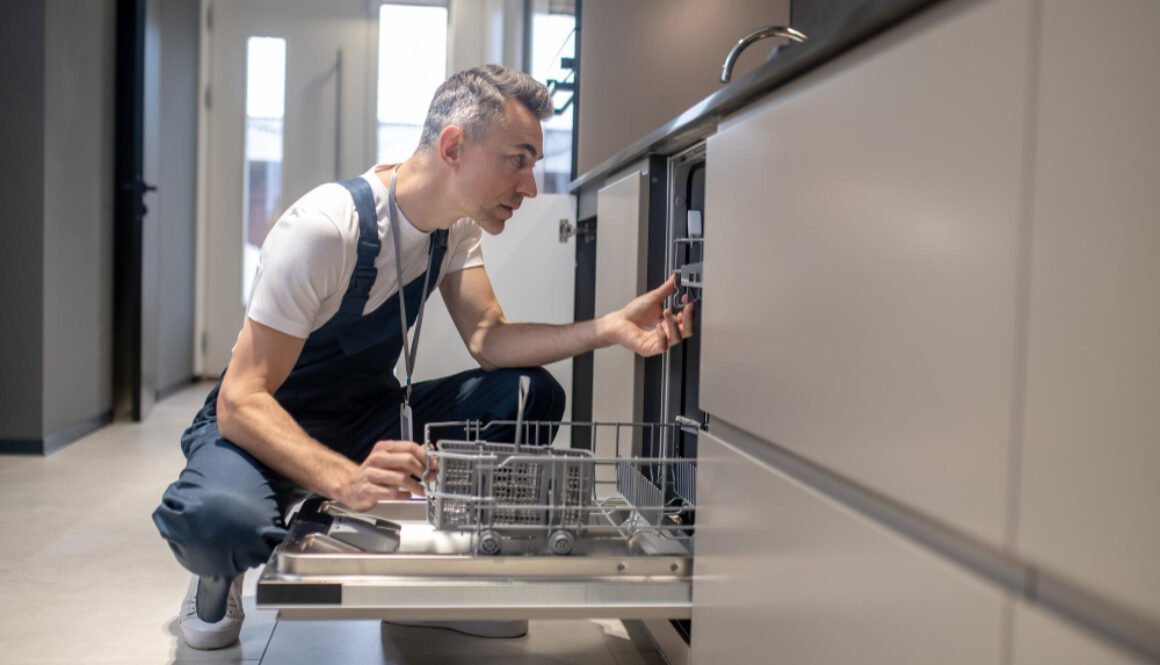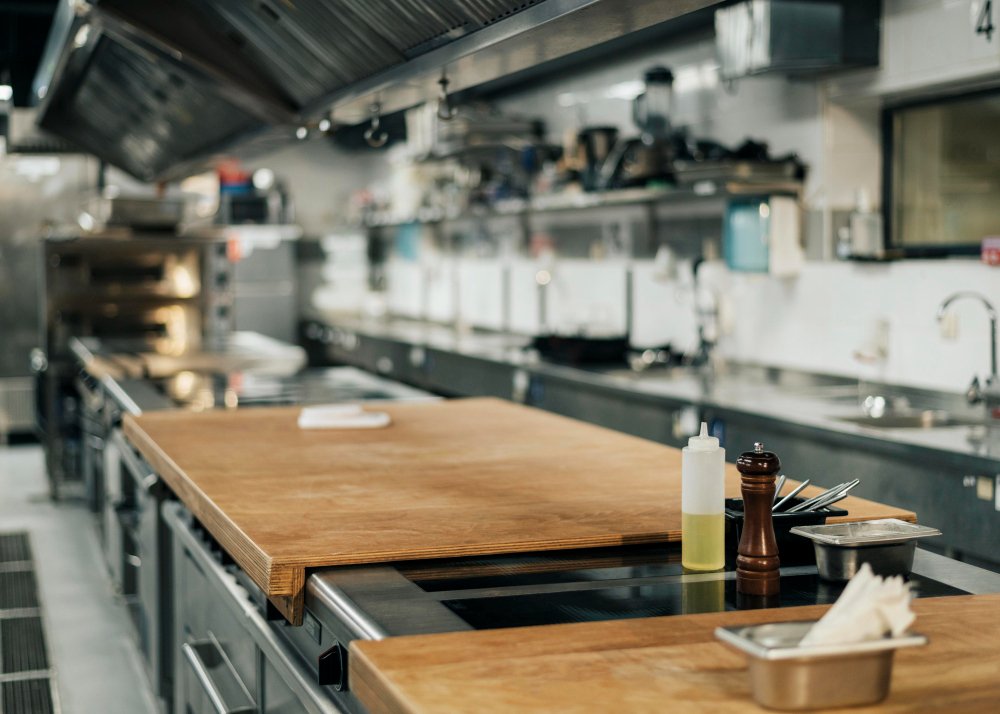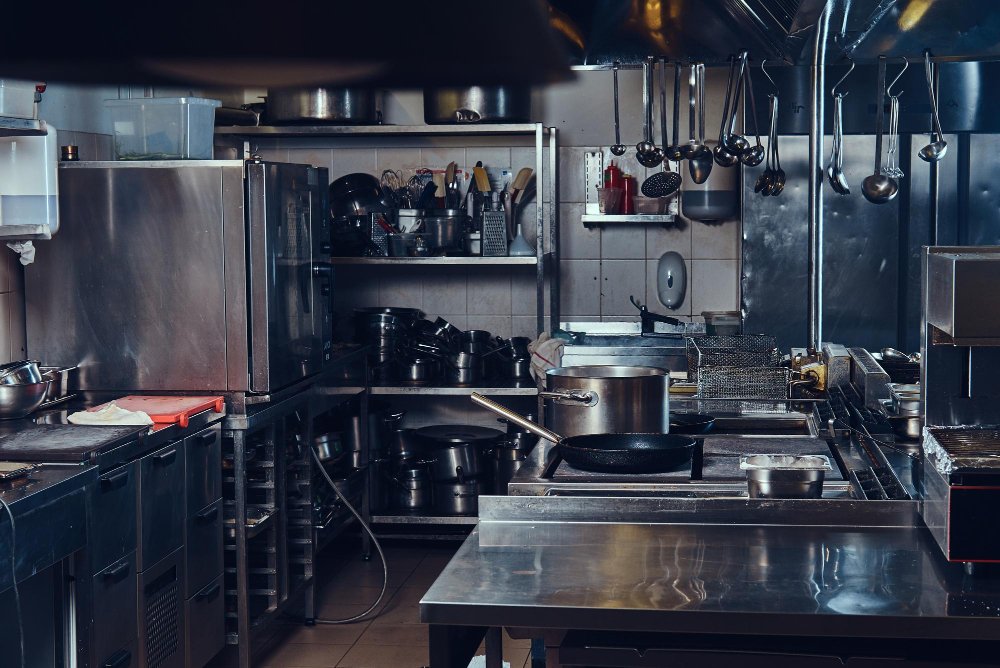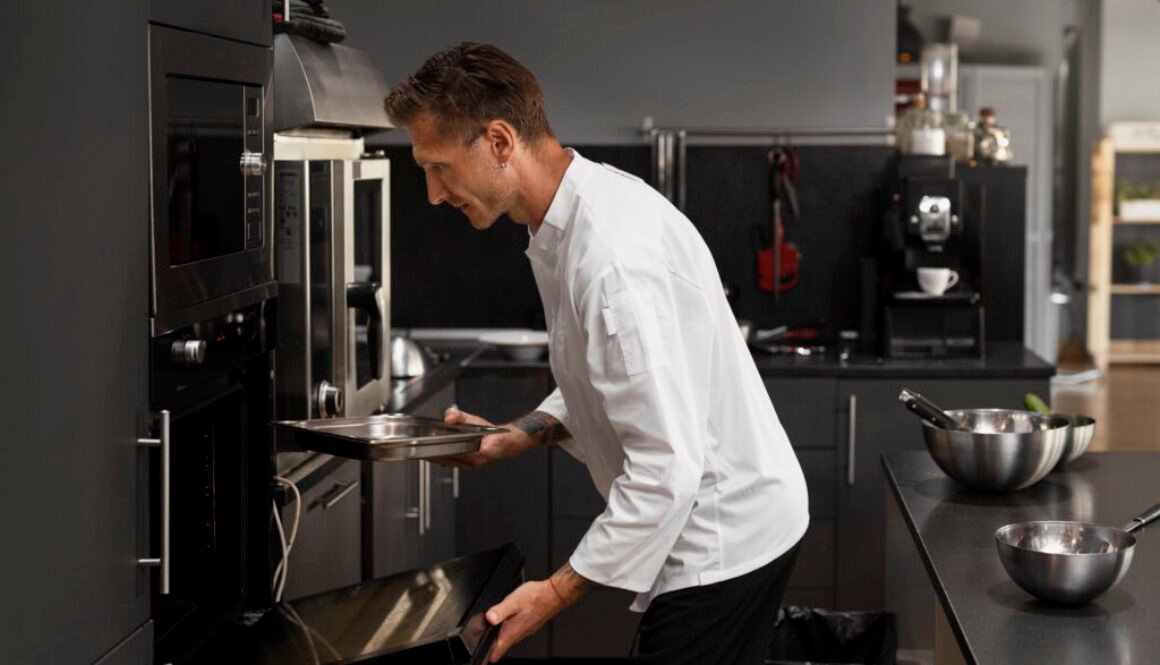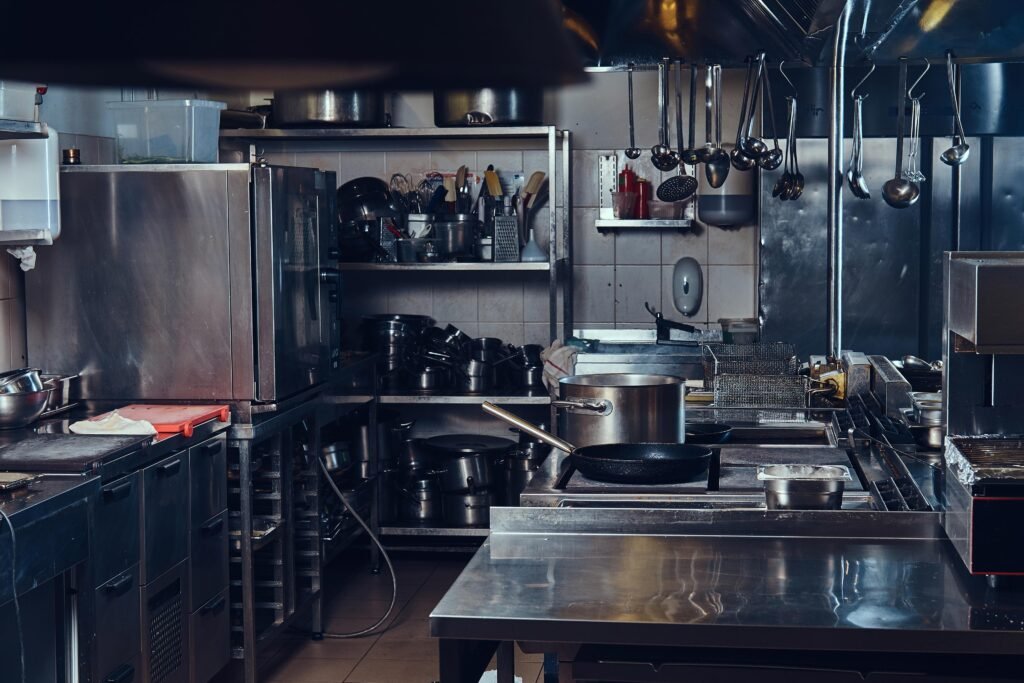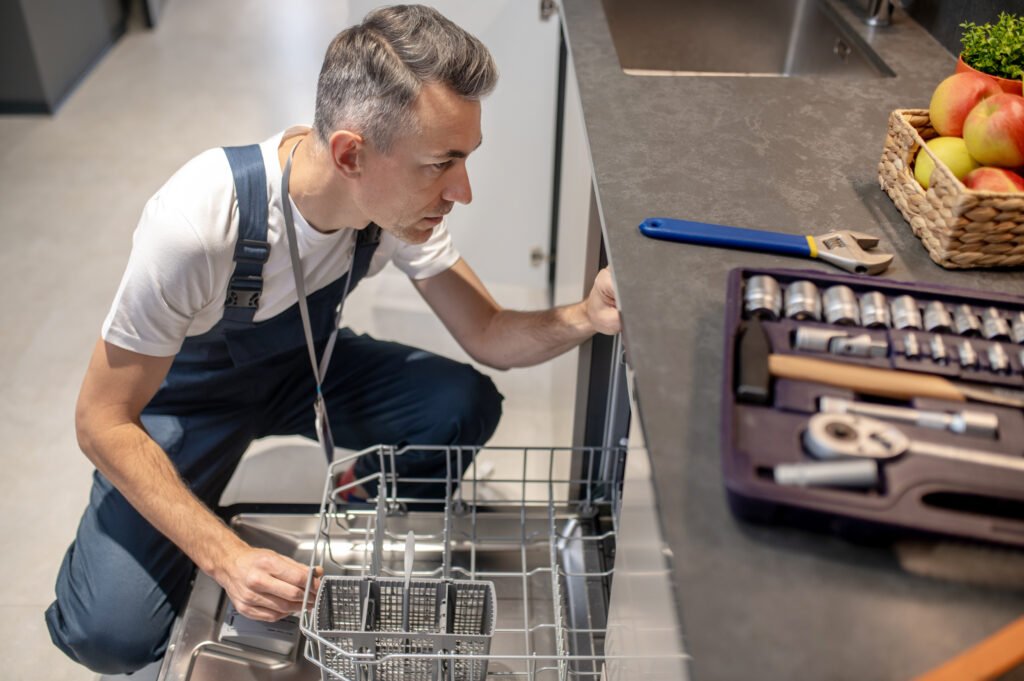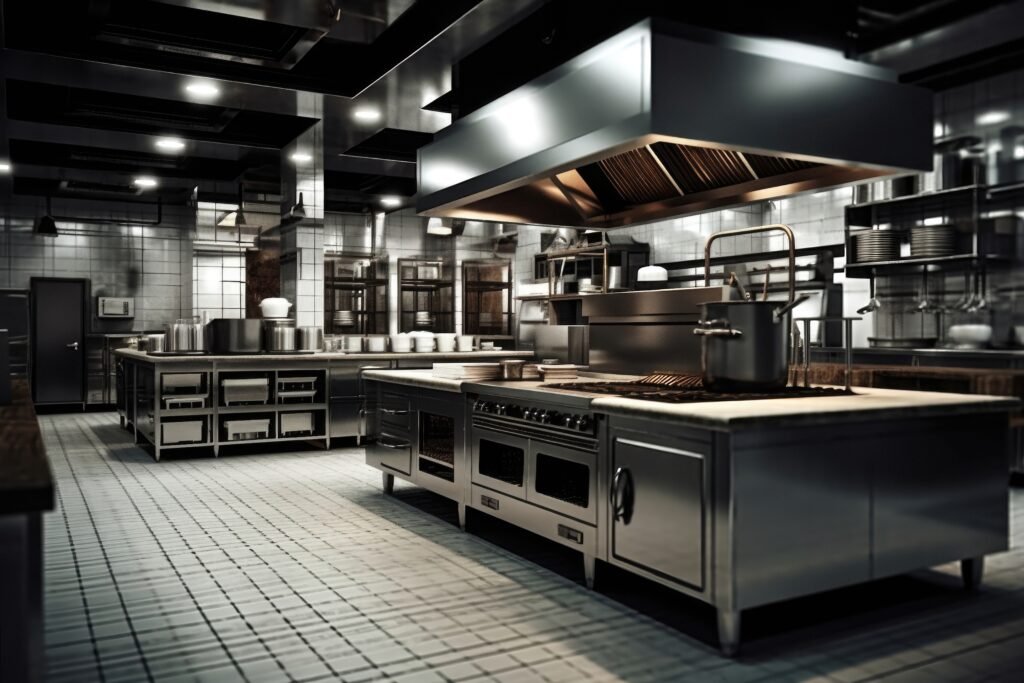The Importance of Regular Preventive Maintenance for your Kitchen Appliances and How to Do It Right
Maintaining your kitchen appliances is not only crucial for their longevity but also for ensuring that they perform at their best when you need them most. From your trusty refrigerator to your hardworking oven, regular preventive maintenance is the key to avoiding costly repairs and unnecessary headaches. In this comprehensive guide, we will delve into the importance of proper maintenance for your kitchen appliances and provide you with practical tips on how to do it right.
Your kitchen appliances work tirelessly day in and day out, so it’s important to show them some love. Neglecting their upkeep can lead to decreased efficiency, higher energy bills, and potential breakdowns. But fear not, with our expert advice, you can keep your appliances in top shape and extend their lifespan.
We will explore the step-by-step process of maintaining each appliance, covering everything from cleaning techniques to routine inspections. By following our recommendations, you will not only save money on costly repairs but also prevent any surprises during your culinary adventures.
Join us as we unlock the secrets to effective preventive maintenance for your kitchen appliances, helping you create a stress-free cooking environment while maximizing the longevity of your beloved appliances.
Benefits of Regular Preventive Maintenance
Regular preventive maintenance offers numerous benefits for your kitchen appliances. Firstly, it helps to identify and address any potential issues before they escalate into major problems. By catching and resolving small issues early on, you can prevent costly breakdowns and extend the lifespan of your appliances.
Secondly, regular maintenance ensures that your appliances are working at their optimal efficiency. Over time, dust, debris, and general wear and tear can cause appliances to operate less efficiently, resulting in higher energy consumption. By keeping your appliances clean and well-maintained, you can save on energy bills and minimize your environmental impact.
Lastly, regular preventive maintenance gives you peace of mind. Knowing that your appliances are in good working condition allows you to focus on what matters most – creating delicious meals for your family and friends. It eliminates the stress and inconvenience of unexpected breakdowns, ensuring that your cooking experience remains hassle-free.
In the following sections, we will discuss the specific kitchen appliances that require regular maintenance and provide you with practical tips on how to keep them in top shape.

Why Regular Preventive Maintenance Matters
Regular preventive maintenance is essential for keeping your kitchen appliances running smoothly and efficiently. Neglecting this crucial step can result in decreased performance, increased energy consumption, and costly repairs down the line. By investing a little time and effort into preventive maintenance, you can avoid these issues and enjoy the full benefits of your appliances.
The Benefits of Regular Maintenance
- Improved Efficiency: Regular maintenance ensures that your appliances are operating at their optimal efficiency. This means they consume less energy, resulting in lower utility bills and a reduced environmental impact.
- Extended Lifespan: By taking care of your appliances, you can significantly extend their lifespan. Regular cleaning, lubrication, and inspection help prevent wear and tear, keeping your appliances in excellent condition for years to come.
- Cost Savings: Preventive maintenance is a cost-effective approach compared to repairing or replacing appliances. By identifying and addressing minor issues early on, you can avoid major breakdowns that may require expensive repairs or even replacement.
- Enhanced Performance: Well-maintained appliances perform better. Your oven will cook food evenly, your refrigerator will keep your groceries fresh, and your dishwasher will efficiently clean your dishes. This means you can enjoy the best possible results from your appliances.
The Risks of Neglecting Maintenance
- Decreased Efficiency: Appliances that are not properly maintained consume more energy. This not only increases your utility bills but also contributes to unnecessary energy waste.
- Higher Repair Costs: Neglecting preventive maintenance can lead to minor issues escalating into major problems. This often requires professional repairs, which can be costly and inconvenient.
- Safety Hazards: Faulty appliances pose safety risks, such as electrical shocks or gas leaks. Regular maintenance helps identify potential hazards and prevent accidents before they occur
Common Kitchen Appliances that Require Regular Maintenance
Your kitchen has various appliances that make your cooking experience more convenient and enjoyable. However, these appliances require regular maintenance to ensure their smooth operation and longevity.
- Refrigerator: One of the most important appliances in your kitchen, the refrigerator needs regular maintenance to keep your food fresh and prevent potential breakdowns. Dust and debris can accumulate on the condenser coils, reducing its efficiency. Regularly cleaning the coils and checking the door seals for leaks can significantly extend the lifespan of your refrigerator.
- Oven and Stove: Your oven and stove are essential for cooking delicious meals, so it’s important to keep them in good condition. Regularly cleaning the oven interior, burners, and control knobs can prevent grease buildup and ensure even heat distribution. Additionally, inspecting the oven door gasket for any damage and replacing it if necessary can improve energy efficiency.
- Dishwasher: To keep your dishes sparkling clean, your dishwasher needs regular maintenance. Cleaning the filter, checking the spray arms for clogs, and ensuring proper water temperature are important tasks to maintain its efficiency. Additionally, regularly inspecting the door gasket and cleaning the interior can help prevent leaks and odours.
- Microwave: Quick and convenient, the microwave is a staple in most kitchens. To keep it functioning optimally, regular cleaning is necessary. Wiping down the interior, cleaning the turntable, and checking for any signs of rust or damage are important steps to ensure safe and efficient operation.
In the next section, we will discuss the signs that indicate your kitchen appliances need maintenance.
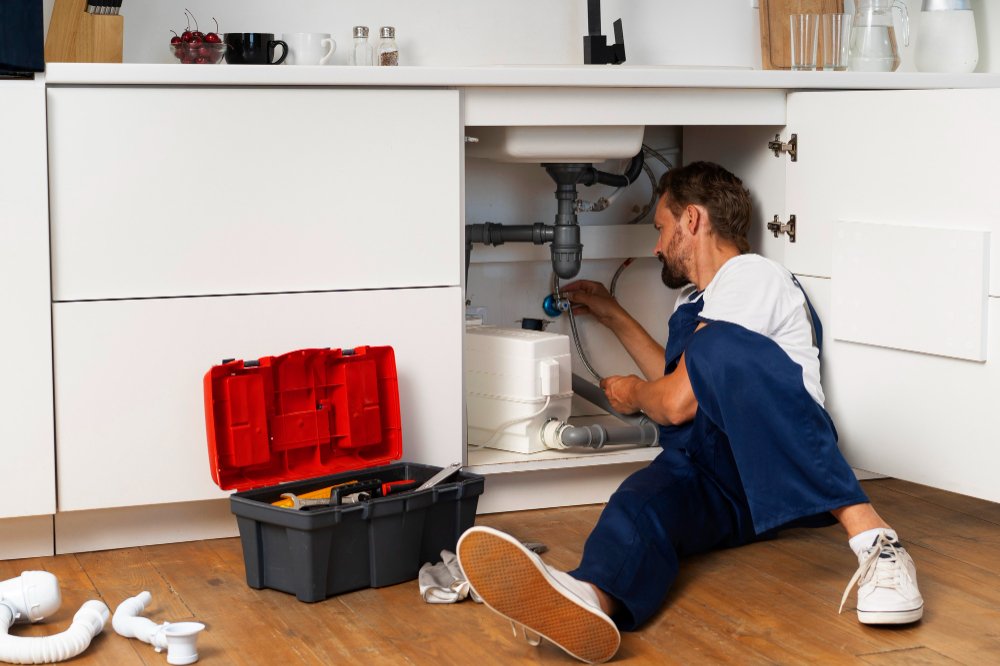
Signs that Your Kitchen Appliances Need Maintenance
Regular maintenance is essential, but how do you know when your kitchen appliances require attention? Here are some common signs that indicate your appliances need maintenance:
- Refrigerator: If you notice that your refrigerator is not cooling as effectively as before, or if unusual noises are coming from the compressor, it’s time to check the condenser coils and door seals. Additionally, if you notice excessive frost buildup or leaks, these are signs that your refrigerator needs maintenance.
- Oven and Stove: Uneven cooking, inconsistent temperatures, or a strong, lingering odour when using your oven are signs of potential issues. Additionally, if the burners are not lighting properly or the control knobs are loose, it’s time to inspect and maintain your oven and stove.
- Dishwasher: If your dishes are not coming out clean, there is a film or residue on them, or you notice a foul smell coming from the dishwasher, it’s time for maintenance. Additionally, if you hear unusual noises during the wash cycle or notice water leaks, these are signs of potential issues.
- Microwave: If your microwave is taking longer than usual to heat food or if it’s making strange noises, it may need maintenance. Additionally, if you notice sparks or arcing inside the microwave, it’s important to address the issue promptly.
Now that you know the signs, let’s move on to creating a preventive maintenance schedule for your kitchen appliances.
How to Create a Preventive Maintenance Schedule for Your Kitchen Appliances
Creating a preventive maintenance schedule will help you stay organized and ensure that you don’t overlook any important tasks. Here are some steps to create an effective schedule:
- Identify the Appliances: Make a list of all the kitchen appliances that require regular maintenance. Include the refrigerator, oven, stove, dishwasher, and microwave, as well as any other appliances you may have.
- Research Maintenance Tasks: Research the specific maintenance tasks recommended for each appliance. This could include cleaning, inspecting, and replacing certain components. Note down the tasks for each appliance.
- Determine Frequency: Determine how often each maintenance task should be performed. Some tasks may need to be done monthly, while others can be done quarterly or annually. Refer to the manufacturer’s guidelines for recommended frequencies.
- Create a Schedule: Using a calendar or a digital reminder tool, create a schedule for each maintenance task. Assign specific dates or time intervals for each task based on their recommended frequencies. Set reminders to ensure you don’t forget to perform the tasks.
- Stick to the Schedule: Once you have created the schedule, commit to stick to it. Regularly check your calendar or reminders and follow through with the maintenance tasks as scheduled. Consistency is key to keeping your appliances in top shape.
In the next section, we will discuss the essential preventive maintenance tasks for different kitchen appliances.
Essential Preventive Maintenance Tasks for Different Kitchen Appliances
Maintaining your kitchen appliances doesn’t have to be complicated. Here are some essential preventive maintenance tasks for different kitchen appliances:
Refrigerator
- Clean the Condenser Coils: Dust and debris can accumulate on the condenser coils, reducing the refrigerator’s efficiency. Use a vacuum cleaner or a soft brush to remove the buildup gently. Avoid using sharp objects that may damage the coils.
- Check the Door Seals: The rubber door seals, also known as gaskets, ensure a tight seal and prevent cold air from escaping. Regularly inspect the seals for any cracks or tears. If you notice any damage, replace the seals to maintain optimal cooling efficiency.
- Clean the Interior and Exterior: Regularly clean the interior of your refrigerator using a mixture of mild detergent and warm water. Wipe down the shelves, drawers, and walls. Don’t forget to clean the exterior as well, including the handles and control panel.
Oven and Stove
- Clean the Oven Interior: Over time, food particles and grease can accumulate inside the oven, affecting its performance. Use a non-abrasive cleaner and a soft cloth to clean the interior. For stubborn stains, create a paste using baking soda and water, apply it to the stains, and let it sit before scrubbing.
- Clean the Burners: Gas burners can become clogged with food debris, affecting their efficiency. Remove the burners and soak them in warm soapy water. Use a soft brush to remove any remaining residue. For electric stoves, clean the coil elements or smooth cooktop surface using a non-abrasive cleaner.
- Inspect the Oven Door Gasket: The oven door gasket creates a seal to keep heat inside the oven. Regularly inspect it for any signs of damage or wear. If you notice any issues, replace the gasket to maintain proper heat retention and energy efficiency.
Dishwasher
- Clean the Filter: The dishwasher filter traps food particles and debris to prevent clogs. Regularly remove the filter and rinse it under warm water to remove any buildup. If the filter is damaged or worn, replace it to ensure proper filtration.
- Check the Spray Arms: The spray arms distribute water to clean the dishes. Inspect them for any clogs or blockages. Clear any debris using a toothpick or a small brush. Ensure that the spray arms can rotate freely for optimal cleaning performance.
- Inspect the Door Gasket: The dishwasher door gasket creates a watertight seal. Regularly inspect it for any signs of damage or wear. If you notice any leaks or mould growth, replace the gasket to prevent water damage and maintain proper operation.
Microwave
- Clean the Interior: Wipe down the interior of your microwave with a mixture of mild detergent and warm water. Pay attention to any stubborn stains or food residue. Use a microwave-safe bowl filled with water and a sliced lemon or vinegar to remove odors.
- Clean the Turntable: Remove the turntable and wash it with warm soapy water. Dry it thoroughly before placing it back in the microwave. Additionally, clean the rollers or support mechanism to ensure smooth rotation.
- Inspect for Damage: Regularly inspect the microwave for any signs of damage, such as rust or cracks in the interior or door. If you notice any issues, it’s important to address them promptly to ensure safe operation.
In the next section, we will discuss specific maintenance tips for your refrigerator and freezer.
Tips for Maintaining Your Refrigerator and Freezer
Your refrigerator and freezer are essential for keeping your food fresh and safe to consume. Here are some tips for maintaining these appliances:
- Keep the Temperature Optimal: Set your refrigerator temperature between 35°F and 38°F (1.7°C and 3.3°C) and your freezer temperature between 0°F and 5°F (-17.8°C and -15°C). This range ensures food safety while minimizing energy consumption.
- Avoid Overloading: Overloading your refrigerator or freezer can affect their cooling efficiency. Ensure proper airflow by leaving space between items. Avoid blocking the vents with food containers.
- Regularly Defrost the Freezer: If you have a manual defrost freezer, it’s important to regularly defrost it to prevent ice buildup. Follow the manufacturer’s instructions for the defrosting process. Avoid using sharp objects to remove ice as it can damage the appliance.
- Check the Door Seals: The door seals play a crucial role in maintaining the temperature inside the refrigerator and freezer. Regularly inspect them for any signs of damage or wear. If you notice any issues, replace the seals to ensure optimal cooling efficiency.
- Clean the Condenser Coils: Dust and debris can accumulate on the condenser coils, affecting the refrigerator’s cooling performance. Refer to the manufacturer’s instructions for the location of the coils and use a vacuum cleaner or brush to gently remove the buildup.
